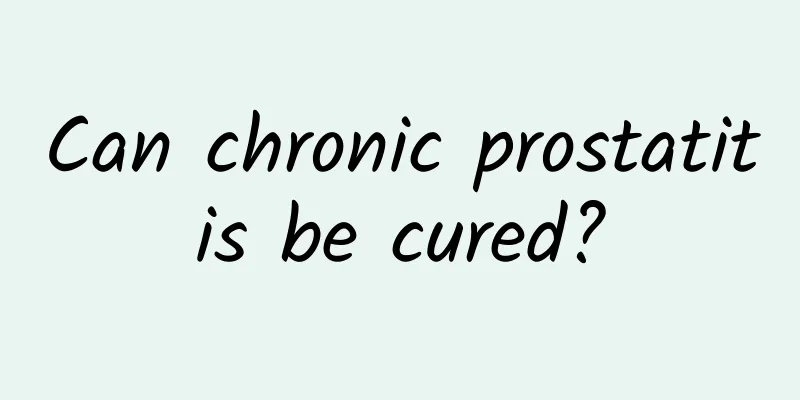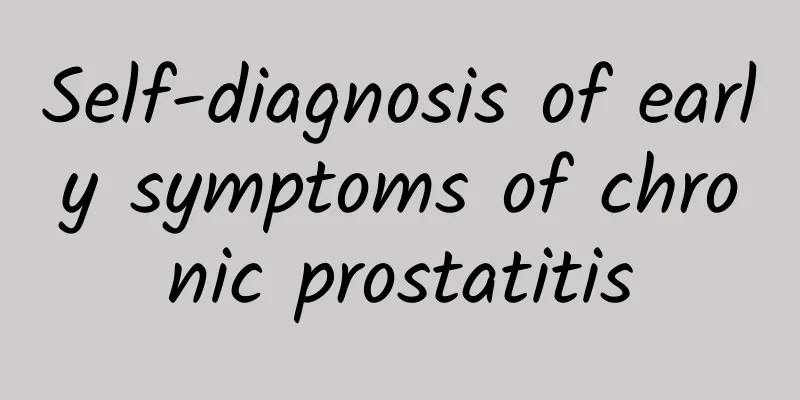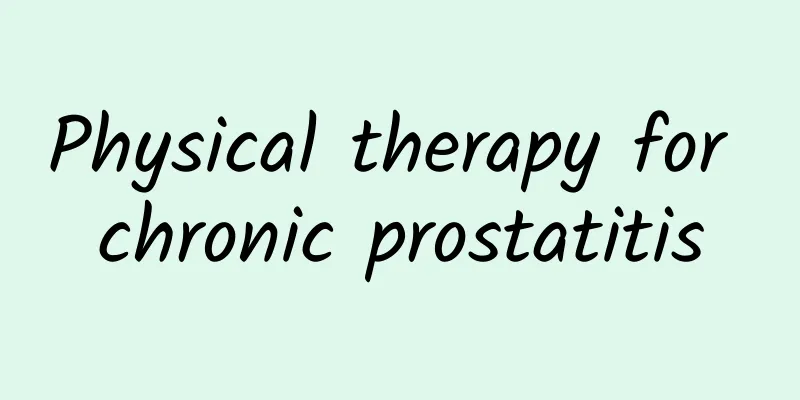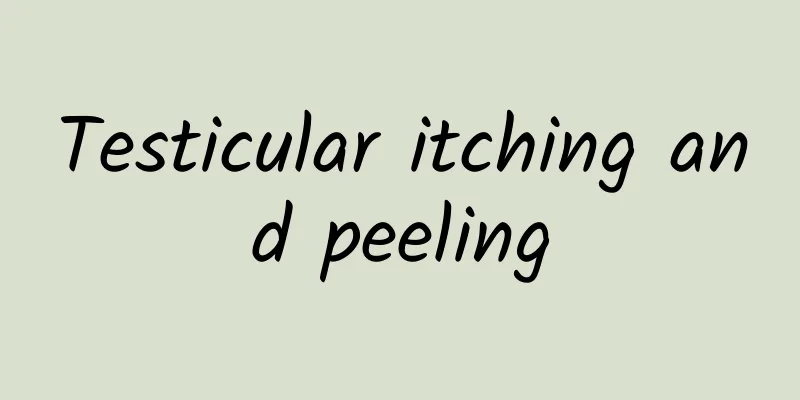Can chronic prostatitis be cured?

|
Prostatitis is a common disease among men. Most people find it difficult to treat chronic prostatitis. Prostatitis is prone to recurring during treatment, which causes great harm to men's health and daily life. In addition to active treatment of prostatitis, it is also necessary to develop good personal hygiene habits in life. Can chronic prostatitis be cured? The symptoms of chronic prostatitis in men are complex and varied, and are sometimes easily confused with simple neurasthenia. The treatment effect is not very satisfactory, and the treatment standards are not unified. From the clinical manifestations, patients may have urethral irritation, frequent urination, urgency, urethral burning pain, mucus, sticky or purulent secretions in the urethra in the morning, turbid urine or white liquid flowing out of the urethra after defecation, discomfort in the posterior urethra, perineum and anus, and sometimes pain in the penis, testicles and groin, accompanied by ejaculation pain, hematospermia, premature ejaculation, impotence, and symptoms of autonomic dysfunction such as fatigue, dizziness, insomnia and depression. Chronic prostatitis patients can be cured as long as they cooperate with the treatment. Effective measures include keeping the reproductive organs clean and dry, avoiding excessive fatigue, having regular sex under the protection of sterile condoms or regularly expelling semen when sexually excited, strengthening nutrition, improving the body's health, proper physical exercise, and enhancing the body's resistance. These measures can not only help patients effectively relieve physical and psychological symptoms, but also help prevent reinfection with bacteria and other pathogenic microorganisms. The most commonly used drugs are antibiotics, α-receptor blockers, herbal preparations and non-steroidal anti-inflammatory analgesics. Other drugs also have varying degrees of efficacy in relieving symptoms. Currently, in the clinical practice of treating prostatitis, the most commonly used first-line drug is antibiotics, but only about 5% of patients with chronic prostatitis have clear bacterial infections. What medicine should I take for chronic prostatitis? 1. Antibiotics: The most commonly used first-line drugs are antibiotics, but only about 5% of patients with chronic prostatitis have clear bacterial infections. 2. α-receptor blockers: α-receptor blockers can relax the smooth muscles of the prostate and bladder and improve lower urinary tract symptoms and pain, thus becoming a basic drug for the treatment of type II/type III prostatitis. 3. Nonsteroidal anti-inflammatory analgesics: Nonsteroidal anti-inflammatory analgesics are empirical medications for the treatment of symptoms associated with type III prostatitis. Their main purpose is to relieve pain and discomfort. |
<<: What to do if edema occurs after circumcision surgery?
>>: How to regulate the ejaculation center
Recommend
What can men who are preparing for pregnancy eat to improve sperm quality?
Children are the crystallization of the love of t...
How to train chest muscles? Here are three tricks to help you
In daily life, when male friends exercise their p...
What is the reason for coughing in the middle of the night? Do you know?
I have had this experience before. I was often wo...
How to increase the hardness of male erections
As the pace of life continues to accelerate, ever...
What might be the reason why men can’t hold their urine?
Our kidneys are the first place where urine is pr...
What should you pay attention to when your blood sugar is high? Remember these three points
On weekdays, many people's blood sugar is in ...
What to do if a man is not hard enough
A perfect sex life requires not only the moisteni...
Why is there pain inside the glans?
The glans is a relatively private part of the mal...
The dangers of high testosterone levels in men
The male body's androgen is mainly secreted b...
What are the symptoms of penile eczema? What causes eczema?
The environment of the penis is usually dry and l...
15 cancer signs that men may ignore
Introduction: Men are usually careless and not so...
There is a small lump on the right testicle?
The testicle is an important male reproductive or...
Do men need to supplement folic acid before pregnancy?
Nowadays, people's quality of life has improv...
180 standard weight range for men
It is said that women care more about their weigh...
Acne on the skin of the penis
Everyone is familiar with acne. I believe that ma...









